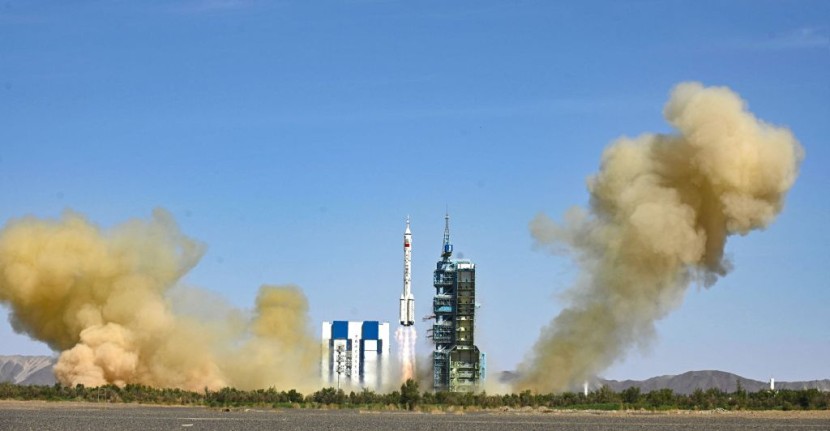
Chinese espionage blunts the US edge as three US tech firms provide blueprints and technical specs that go under the radar of the US government.
Both Beijing and Washington are locked in a fight for technological dominance, and the PLA got the upper hand with satellites, rockets, and experimental weapons.
US Government Sanctions Tech Firms
The current administration placed three tech firms sanctioned last June 8; they are alleged to give information on sensitive technologies to China, the EurAsian Times reported.
The US Department of Commerce locked several tech firms from selling tech to countries abroad for 180 days. These firms are Quicksilver Manufacturing Inc., Rapid Cut LLC, and US Prototype Inc., which issued a temporary denial order as the worst prohibition, per US News.
These firms offer 3-D printing services to clients who need fabrication for space and defense project needs.
Using blueprints and drawings of the projects that need to be 3-D by the firms, when completed, will be sent back to China to save on manufacturing costs, said the Commerce Department.
According to the Department, that contract would have needed US government approval, but no authorization was sought.
Outsourcing 3-D printing of space and defense prototypes to China, Matthew Axelrod, an assistant secretary of commerce for export regulation, compromises US national security. He went on to say that by sending the technical drawings and blueprints to China, these businesses may have saved money.
It's a blunder in the effort to safeguard US military technology, yet Chinese espionage has been catching up to the US edge.
Read Also : New Mobile Launcher With Zircon Hypersonic Cruise Missiles Could Change How Russia Wages War
The 11-page Commerce Department order makes no claims that the Chinese military used the blueprints, but it does state that the actions are a serious national security risk.
Sources indicate the intention to investigate the records of the companies' clients to ensure that their intellectual property is not compromised.
US Would Not Let China Get Ahead
China's advancing tech is getting too close for comfort as the incident could result in a breach of military tech that Beijing could benefit from.
Washington alleges that China has been engaged in spying and taking classified secrets significantly advanced military projects.
The United States has been accused of relying on its advanced combat aircraft systems, the J-20 and FC-31, for the theft of technology from the American F-35 fighter jet.
The theft of many terabytes of data related to the F-35 program by Chinese hackers, including information on the F-35's radar design and engine, is one of their forays that led to Chinese stealth tech.
Other US defense systems that were hacked are the F-22 Raptor and B-2 Stealth bomber, space lasers, missile guidance and tracking systems, and even data for nuclear subs and anti-air missiles defenses as the prizes.
Noshir Gowadia, an Indian-American engineer, in 2005 assisting in the development of Chinese stealth technology, utilizing acquired knowledge from his involvement in the initial stages of the B-2 Spirit stealth bomber, per Mighty.
Gowadia was enraged that he was not included in future phases of the project, so he chose to begin his consultancy firm. He has later sentenced to 32-years of not life as wanted by the feds.
More than one technician leaked US secrets to Chinese espionage that has whittled the US edge in military technology; these companies will be the last to do so.
Related Article: Indian, Japanese Next Generation Fighters To Challenge the J-20 Mighty Dragon in the Indo-Pacific
© 2026 HNGN, All rights reserved. Do not reproduce without permission.








